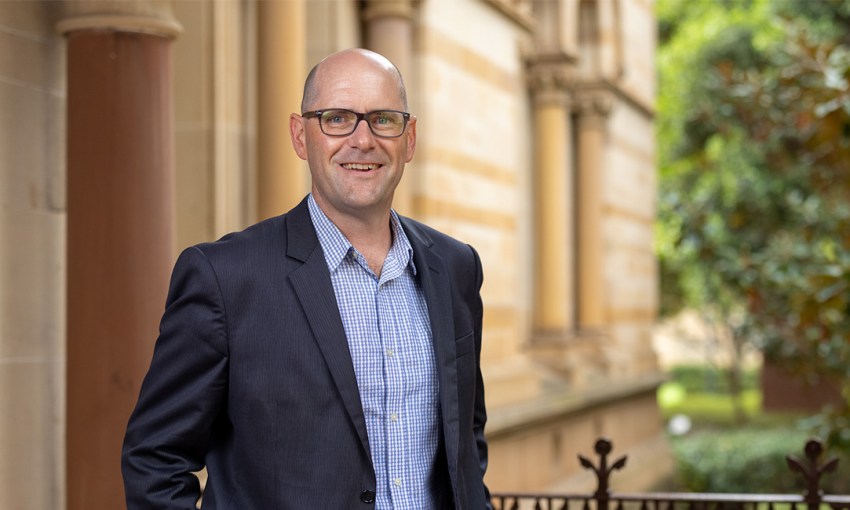South Australians are commercialising game-changing discoveries like never before and, in fields like green energy and machine learning, we’re becoming world leaders. These wins are in part thanks to the University of Adelaide and their view that industry engagement is a social obligation.
Homegrown tech succeeding on the world stage
“There’s no point in next-generation technologies being locked up in a university where they never see the light of day,” says the University’s Chief Innovation and Commercialisation Officer, Dr Stephen Rodda.
“We have a responsibility to get our innovations into the global community for a better future – and in some cases to save lives.”
A perfect example of this is Sparc Hydrogen, launched in January of this year.
Sparc’s mission? To take a patented apparatus to market that creates green hydrogen using only solar radiation.
This breakthrough technology could be the key to a fossil fuel wipe-out and help usher in an affordable green future.
“This has potential to be a truly world-changing technology,” Stephen says.
“We’re ecstatic to be partnering with Sparc Technologies and Fortescue Future Industries to develop this technology and aim to achieve commercial scale rapidly.”
Having supported this venture from day dot, Stephen wants to dispel the myth that the higher education sector is risk averse, hard to navigate, or ignorant when it comes to commercial propositions.
In reality, the University of Adelaide has supported the establishment of 14 new companies in the last three years alone, including two Australian Stock Exchange listings, and collectively securing $65 million of capital across the portfolio.
And that’s nothing compared to the buy-in from established enterprises.
“We have a responsibility to get our innovations into the global community for a better future – and in some cases to save lives.”
Dr Noune Melkoumian, a University of Adelaide researcher, has developed novel sensor technology to track the degradation of building structures, from mining equipment to oil tankers and submarines.
Noune’s technology has been licensed to Hegel Industrial Solutions to lead the commercialisation of the technology in Australia and globally.
She has two companies interested in commercialising this invention – one for Australia and New Zealand and the other ready to go global.
In May, the University announced that Fertilis will bring breakthrough fertility equipment – team led by researcher Dr Kylie Dunning – to market.
The commercialisation of this first-of-its-kind device, invented by Fertilis co-founder and Adjunct Professor Jeremy Thompson, is set to improve IVF success and remove significant treatment barriers for people experiencing infertility.
With Bygen, the University is leading environmental sustainability in the activated carbon industry, and – with Pinarello – they’re even helping achieve world records: October brought news that Olympic cycling champion Filippo Ganna broke the record for riding the furthest in one hour on a Pinarello Bolide F HR 3D bike.
The bike uses drag-reducing precision bumps called “AeroNodes” that were developed right here in South Australia in the University of Adelaide’s School of Mechanical Engineering.
Stephen Rodda’s team clearly know what they’re doing.
“If other industry leaders are interested in partnering with the University of Adelaide to access research or intellectual property, or they need tech problems solved, the Innovation & Commercialisation Services Branch (ICS) is here to be a chaperone and a front door,” Stephen says. “We’re open for business.”
Tune into the University of Adelaide’s podcast series – The Discovery Pod – and learn from researchers at the forefront of innovation, as we explore bold ideas for a better world – and uncover history in the making. Available on Apple Podcasts and Spotify.
If you are interested in partnering with us contact [email protected].



